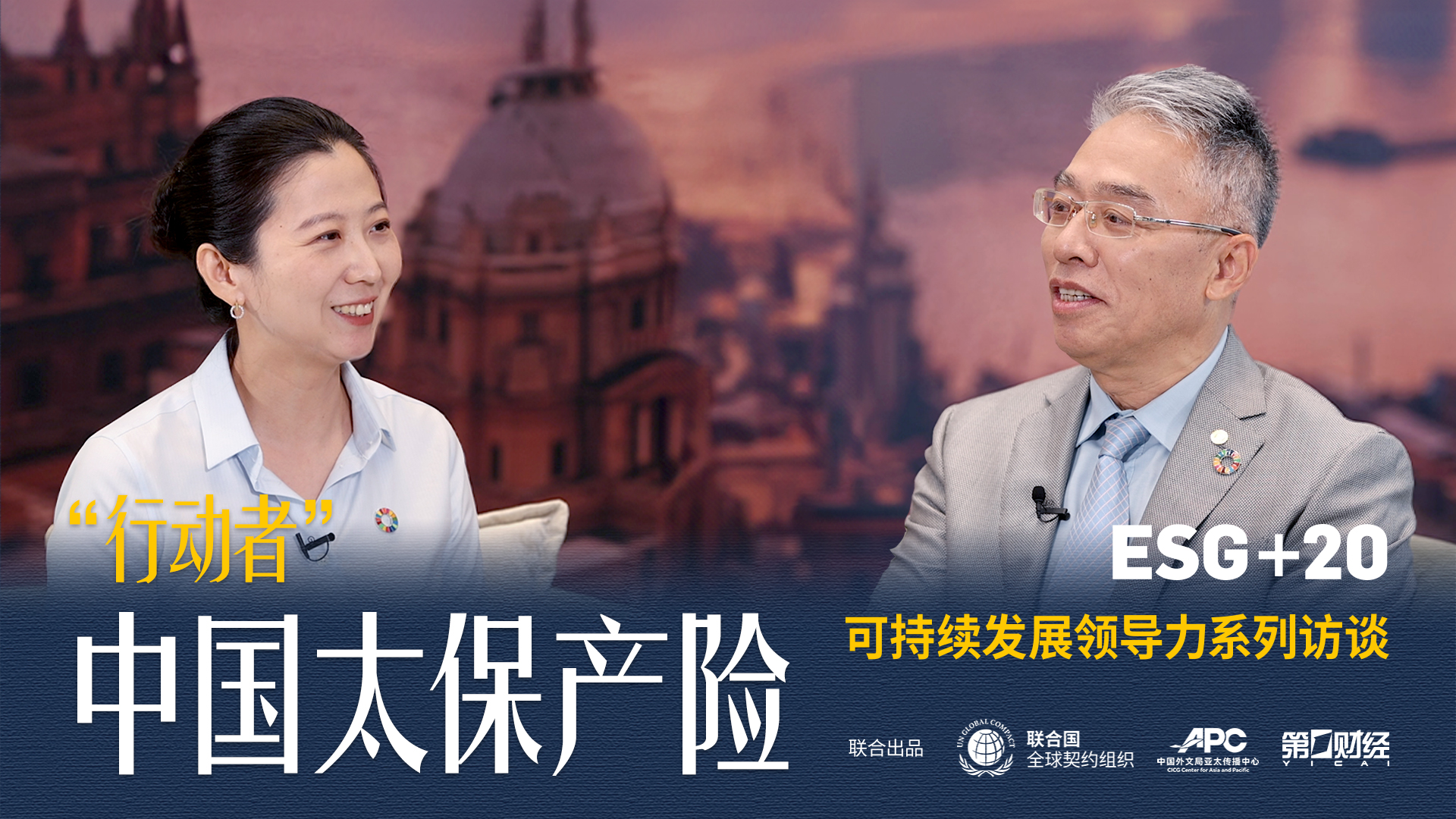
(Yicai) Sept. 23 -- The insurance sector can play many roles in the environmental, social, and governance process and promote better social practice through the function of insurance, according to the chairman of China Pacific Property Insurance, the country's first commercial joint-stock insurer.
The migration of wild Asian elephants in China in 2021 drew global attention, Gu Yue told Yicai in an interview from the ESG+20 Sustainability Leaders Interview Series. CPPI and Yunnan Provincial Forestry Bureau co-developed a public liability insurance for wildlife accidents, mainly to guarantee compensation for losses caused by wild animals during migration, Gu noted.
This is quite a meaningful project and a vivid example of ESG practices by property insurance companies, Gu pointed out.
The impact of climate change has also increased, with the global reinsurance industry losing unprecedented over USD100 billion for three consecutive years, according to data from the international insurance sector.
CPPI took various measures to address such impacts, including providing universal insurance products for huge disasters, offering exclusive products to industries with high disastrous risk exposure, and arranging a risk diversification system, Gu said.
With the green transformation of society and the economy, the insurance industry keeps pace with the times and has introduced innovative products covering various fields, such as carbon assets and credits, Gu noted.
CPPI has formulated a new three-year development plan based on previous trends, with ensuring sustainable development as its core, Gu said. The long-term vision is to establish a leading sustainable firm that provides comprehensive, thoughtful, and sustainable green guarantees for society and the economy, Gu added.
Established in 1991, CPPI joined the United Nations Global Compact last year to participate in a global development initiative project for sustainable development goals.
Editors: Shi Yi, Martin Kadiev